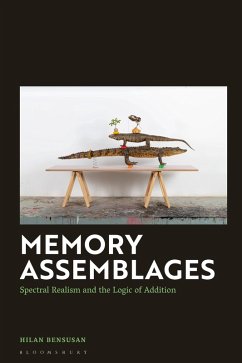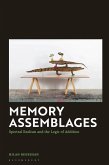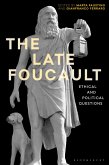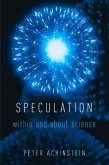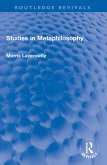Making the claim that reality is more like memory than a permanent substance, this original work draws on Derrida and Malabou to suggest a picture of the world as an assemblage of spectral resonances and disseminations.
In Memory Assemblages, Hilan Bensusan combines elements of continental and analytic philosophy to advance a theory of realism which insists on the reality of spectres, an ultrametaphysical approach departing from metaphysics while attending to the problems that triggered metaphysical investigation. In doing so, Bensusan builds on the reception of Derrida's hauntology, particularly by Latin American scholars in disciplines such as media studies, history, and political theory, and engages with currents of speculative realism as well as contemporary work on idealism and logic.
Challenging the correlationist view in which being and time cannot be considered independently of subjectivity, Bensusan gives an account of exteriority where thought and reality share a common logic of addition. Central to the book is this philosophy of addition, where addition structures the insufficiency and incompleteness of whatever seems to be present: it is an operation that dismantles what has been before in a way that depends on that past consigned to memory. Addition is explored in light of the Derridian supplement, the Epicurean Swerve, Jean-Luc Nancy's notion of struction and the Marxist notion of forces of production. A coda further elaborates the notion of production in this context, arguing for a spectral Marxism and drawing on Deleuze and Guattari's Anti-Oedipus.
In Memory Assemblages, Hilan Bensusan combines elements of continental and analytic philosophy to advance a theory of realism which insists on the reality of spectres, an ultrametaphysical approach departing from metaphysics while attending to the problems that triggered metaphysical investigation. In doing so, Bensusan builds on the reception of Derrida's hauntology, particularly by Latin American scholars in disciplines such as media studies, history, and political theory, and engages with currents of speculative realism as well as contemporary work on idealism and logic.
Challenging the correlationist view in which being and time cannot be considered independently of subjectivity, Bensusan gives an account of exteriority where thought and reality share a common logic of addition. Central to the book is this philosophy of addition, where addition structures the insufficiency and incompleteness of whatever seems to be present: it is an operation that dismantles what has been before in a way that depends on that past consigned to memory. Addition is explored in light of the Derridian supplement, the Epicurean Swerve, Jean-Luc Nancy's notion of struction and the Marxist notion of forces of production. A coda further elaborates the notion of production in this context, arguing for a spectral Marxism and drawing on Deleuze and Guattari's Anti-Oedipus.

